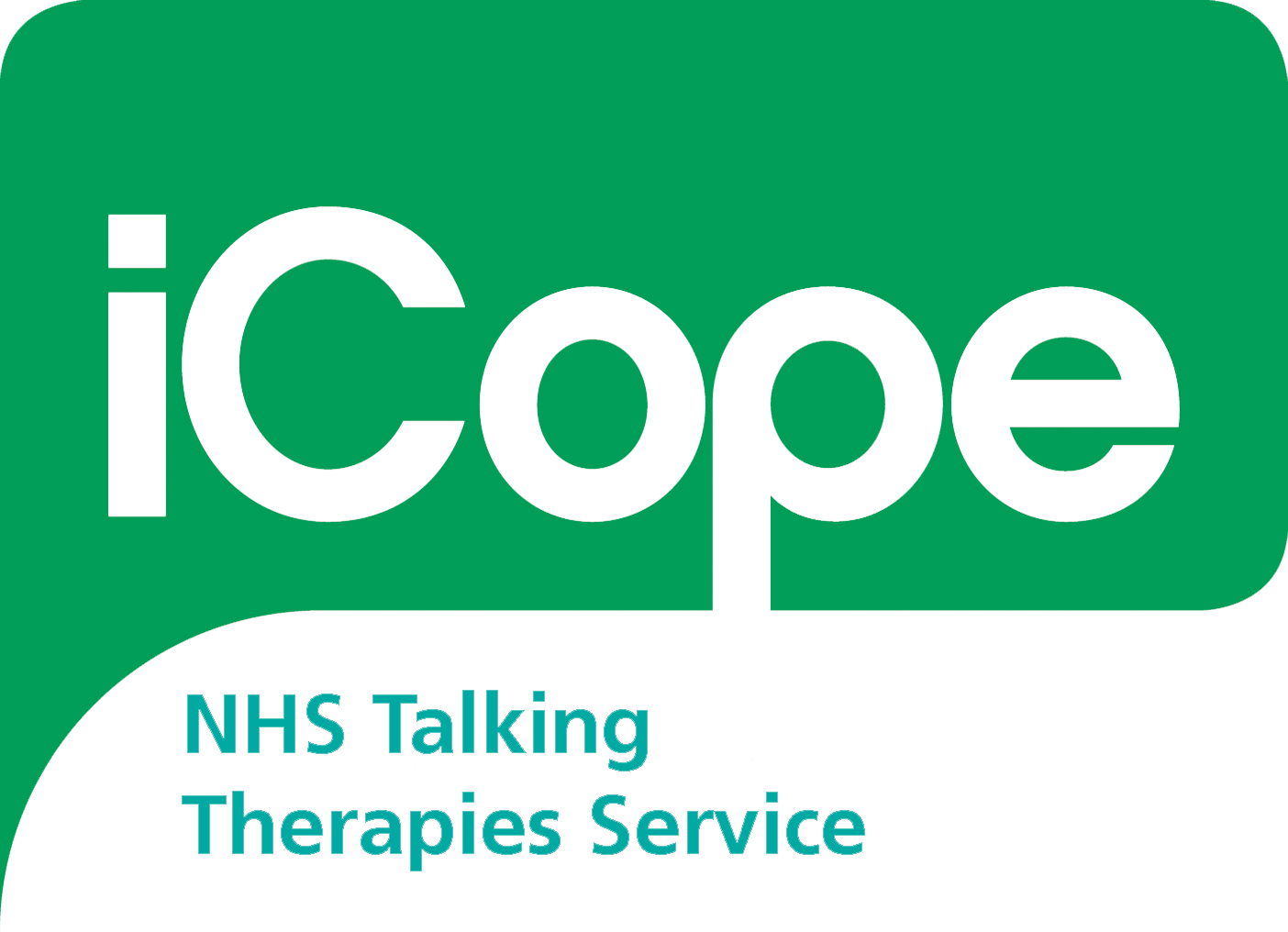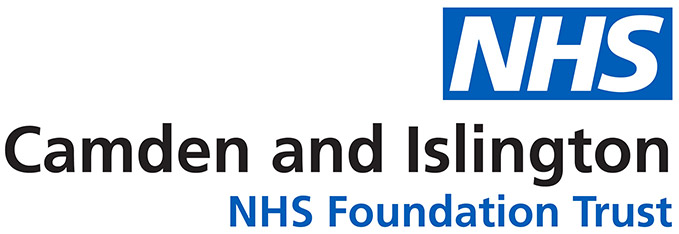If you would like to read more about how you can help yourself please click here.
Useful self help strategies for managing anxiety include:
Exercise: regular exercise, particularly aerobic exercise, will help you combat stress and release tension. It also encourages your brain to release the chemical serotonin, which can improve your mood. Aim to do a minimum of 150 minutes of moderate exercise a week. Moderate exercise should make you feel slightly out of breath and tired. Going for a brisk walk is a good example.
Relaxation: as well as getting regular exercise, learning how to relax is important. You may find relaxation and breathing exercises helpful, or you may prefer activities such as yoga or pilates to help you unwind.
Diet: changing your diet may help ease your symptoms. Too much caffeine can make you more anxious than normal. This is because caffeine can disrupt your sleep and also speed up your heartbeat. If you are tired, you are less likely to be able to manage your anxious symptoms.
Smoking and drinking: cigarettes and alcohol have been shown to make feelings of anxiety worse. Drink alcohol in moderation and, if you smoke, try to give up. The NHS and your GP provide free support to people who would like to stop smoking.
Support groups for anxiety: these are also a good way to meet other people with similar experiences. Support groups often involve face-to-face meetings where you can talk about your difficulties and problems with other people. Many support groups also provide support and guidance over the phone or in writing. Ask your GP about local support groups for anxiety or search online.
Understanding your anxiety: some people find that reading about stress and anxiety can help. There are many books based on the principles of Cognitive Behavioural Therapy (CBT). These books can help you understand more about your psychological problems and learn ways of overcoming them by changing your thinking and behaviour. To find out more about recommended books click here.
The ‘good thinking’ website is also a very useful resource: Good thinking




